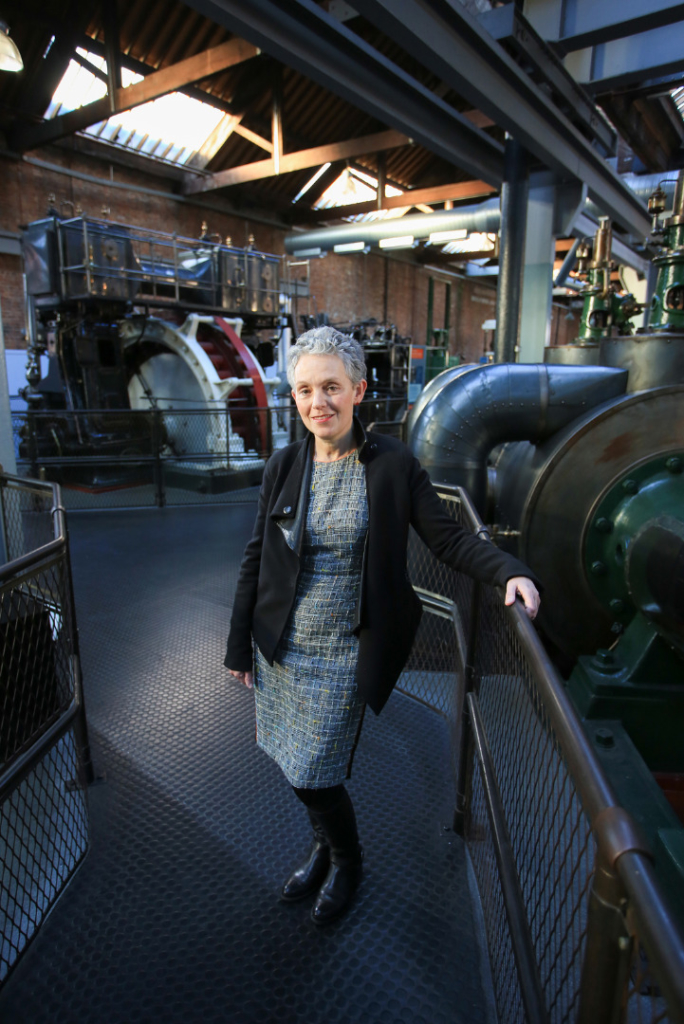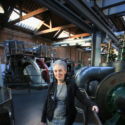Editorial
Issue 16
Article DOI: https://dx.doi.org/10.15180/211601
Keywords
Editorial, Issue 16, Sally MacDonald
The previous edition of this journal was produced earlier this year, in the depths of the UK’s second lockdown. As I write, this country’s pandemic restrictions are easing, for now at least. Many of us are joyfully but cautiously reconnecting with people, places and experiences we have missed for many months, yet are conscious that nothing will ever be quite the same. And elsewhere in the world, the pandemic continues to wreak a devastating impact, constraining, destabilising and destroying lives.
In this context it can be hard to see positives, and yet there have been some. Many of us have learned or practised new skills, often craft or technical skills. The cultural sector has seen a significant shift of focus towards the immediate, the local, the specific. Museums and galleries are increasingly aware of their role not just in learning and enjoyment but in wider health and wellbeing. Our enforced separation has catalysed rapid adoption of new technologies and business models. We have found we can attend international conferences without the need for childcare, air travel or expensive hotels. We can draw on professional networks to help with remote collections access, condition assessments and couriering. We are connected online as never before. And the pandemic has reinforced awareness of the fragility of our world.
Against this backdrop, it is interesting to consider the papers included in this edition as they provide interesting parallels for some of the developments we have seen this past year. One paper examines the importance of capturing and sharing endangered technical skills. Two papers reflect on the physical and societal legacy of the engineer Joseph Whitworth to his home city, Manchester. Further papers examine the historical and contemporary drivers for rapid development of processes and technologies. An ethnographical study explores the impact of a science exhibition seeking to change public health behaviour. Finally, research on the seismologist John Milne reminds us that international science collaboration has a long history, not always fully acknowledged.
In the coming year we look forward to research collaborations with wider and more diverse communities; as we reconnect with collections, with wider environments, with each other.




